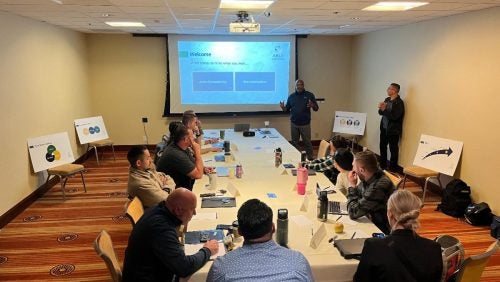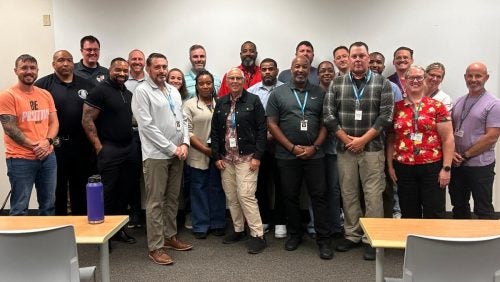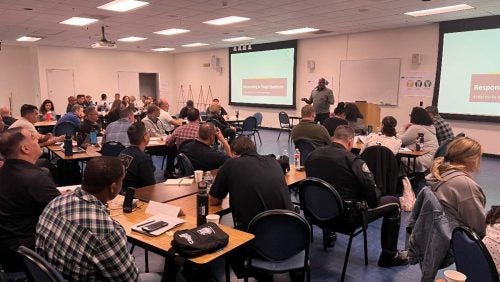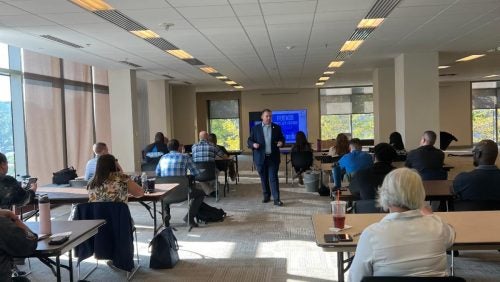Active Bystandership for Law Enforcement (ABLE) Project
The Center for Innovations in Community Safety, partnering with global law firm Sheppard, has created the ABLE* (Active Bystandership for Law Enforcement) Project. ABLE is a culture change program that aims to create a police culture where officers routinely intervene and accept intervention as necessary to prevent police misconduct, reduce mistakes and promote officer health and wellness. As a national hub of law enforcement training that is grounded in social science research, we equip officers with the tools for active bystandership, enabling them to intervene and accept intervention—regardless of rank.
ABLE Pillars Website GraphicAs part of acceptance, agencies agree to adhere to the eight ABLE standards and must commit to creating a culture of active bystandership and peer intervention through policy, training, support, and accountability.
*ABLE Project, Project ABLE, ABLE, and Active Bystandership for Law Enforcement are trademarks of the President and Directors of Georgetown College.




